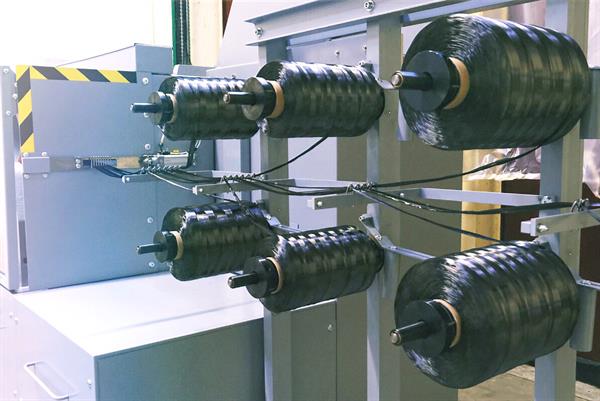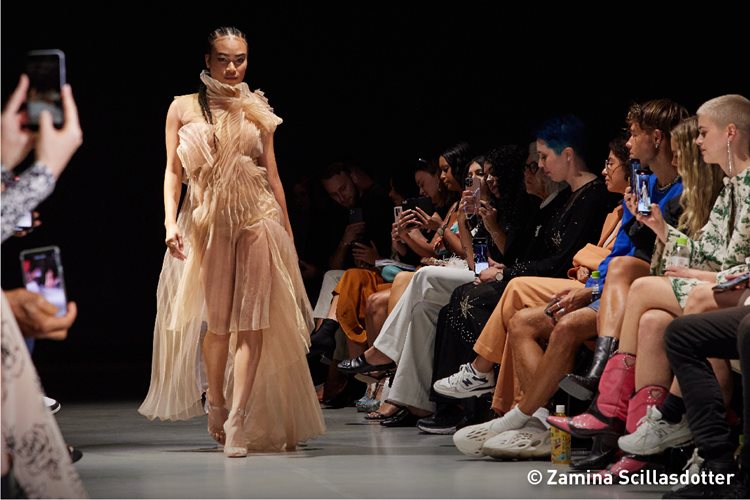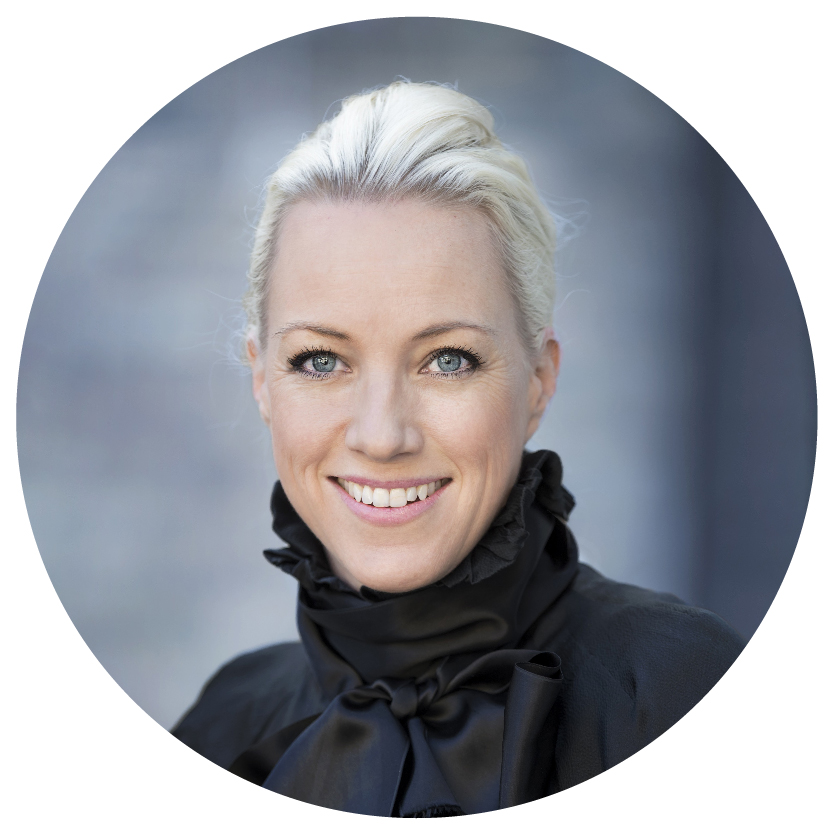Driving progress throughout the textile chain through partnerships

16 22
September 2027
Messegelaende HannoverGermany

Stockholm Fashion Week is at the consumer-facing opposite end of the textile supply chain to the ITMA textile machinery show, yet major themes currently align both events – most notably sustainability, the circular economy and digitalisation.
Our latest fashion week in February was specially curated to represent creativity in design, as well in terms of circularity, digitalisation and commerce.
Sweden is well-known for being at the forefront of creativity, as well as technology-leading innovations, such as in the fields of new cellulosic fibres and industrialised textile-to-textile recycling.
New fibre producers like Renewcell and Södra, with its OnceMore programme, have been supported with investment from both the Swedish fashion industry and the forestry sector, which has itself benefited from years of governmental subsidies for deep technology research.
The country has several leading brands who have pioneered circular strategies, in terms of the creation of more durable garments, as well as reselling and the use of recycled materials.
These brands are now becoming much more aware of their supply chains and know digitalisation is the key to accelerating traceability. The Swedish tech provider, TrustRace, for example, is working with several fashion brands with its Blockchain technology.
Digitalisation opens up smarter ways of doing business and supplies the tools for more sustainable operations. AI helps with better forecasting and blockchain technology provides transparency and captures a product’s lifecycle impact, while also opening up new channels for customer marketing and commerce.
All of these developments will provide producers, brands, recyclers and consumers with the valuable data to steer towards more sustainable choices.
In addition, digitalisation is enabling the upscaling of processes which traditionally have mostly involved manual handling, such as sorting for recycling.
There are a lot of tests underway in Sweden for the industrial upscaling and automatisation of textile sorting in recycling operations, and also in terms of standardising the upcycling processes such as refreshing, mending etc.

Services extending the life of fabrics and garments have certainly increased in the past few years in Sweden. With H&M’s Looop initiative, for example, old clothes are being recycled to create new fabrics in a small-scale industrial production process in-store in Stockholm. This both showcases proof-of-concept and engages directly with consumers, to make them more aware of circularity.
Another example is Sellpy, a digital reseller platform, and a third is Popswap, a sharing community platform for brands. Several brands are also supplying mending and care instructions with their garments, with the intention of involving consumers in sustainable activities.
The brand Remake meanwhile, creates one off, completely unique and locally produced garments made from donated fabrics, while Singular Society is now offering a garment subscription service.
Local production is also becoming more relevant as a result of digitalisation, allowing virtual designs, agile sales and personalised customer fitting.
A lot is happening, for instance, in the Västra Götaland region, which was historically a strong textile area before production moved to the Far East. A new circular economy for textiles is currently booming in the region. True progress, however, is being made nationwide here in Sweden.

Sigrid Barnekow, Chairman of Board, Swedish Fashion Association
About Sigrid Barnekow
Sigrid Barnekow is the Chairman of Board of the Swedish Fashion Association and current interim Secretary General, organiser of the Swedish Fashion Week. The association is an independent organisation created by and for the Swedish fashion industry with the purpose of bringing together, support, promote and grow Swedish fashion, in Sweden and abroad. Sigrid is also a sustainable fashion & textiles consultant.
Subscribe to our mailing list and stay up-to-date with news and developments in ITMA and the textile and garment industry.